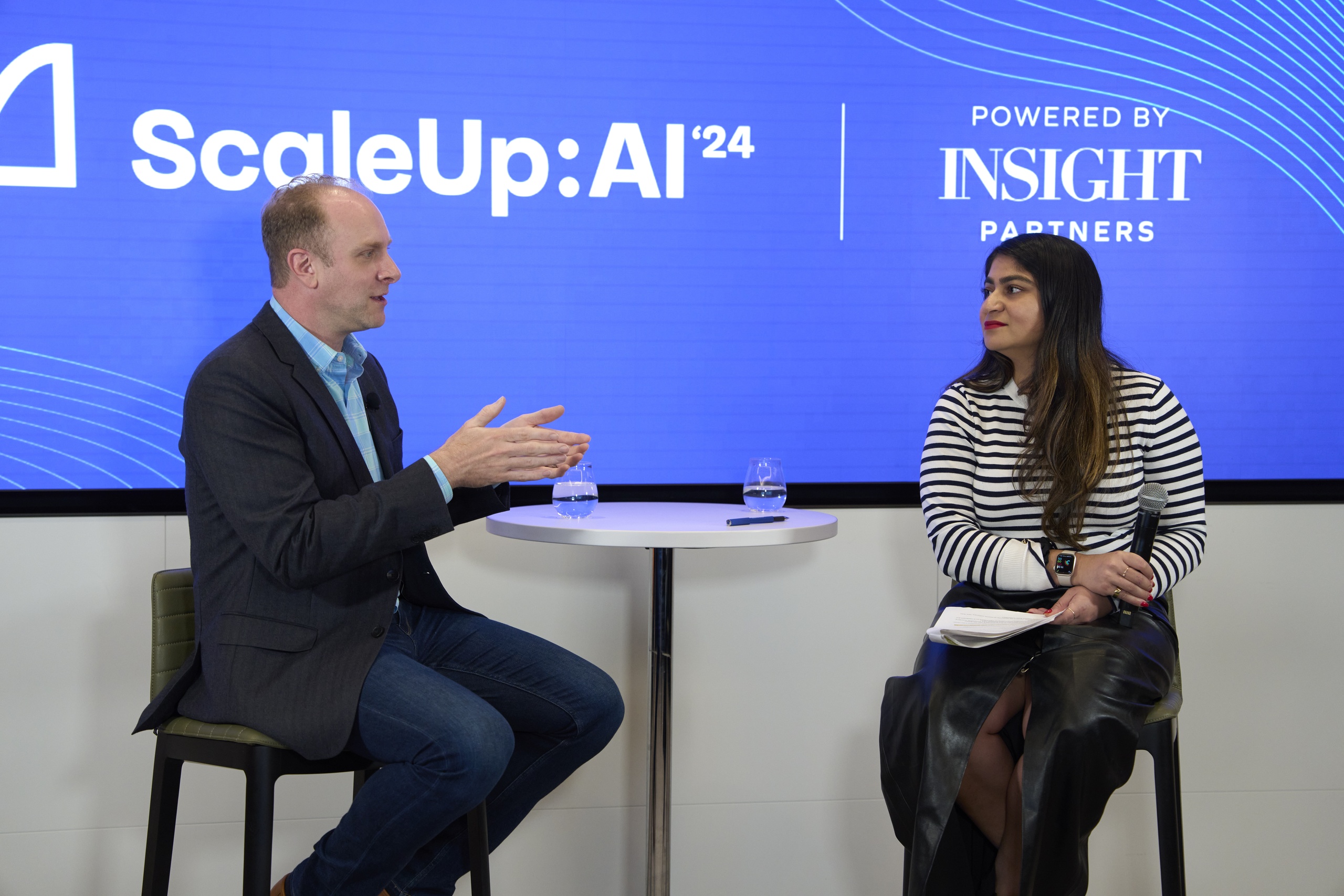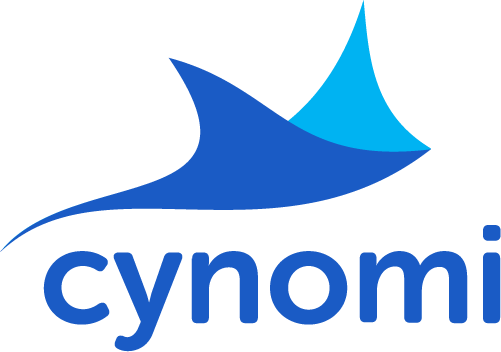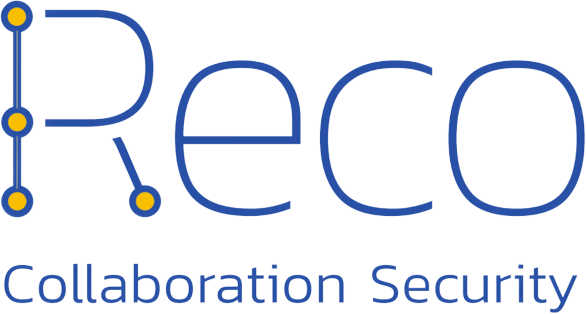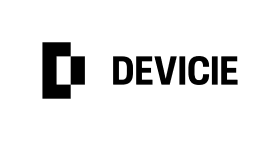Build versus buy: Considerations for a strategic approach to innovating with AI
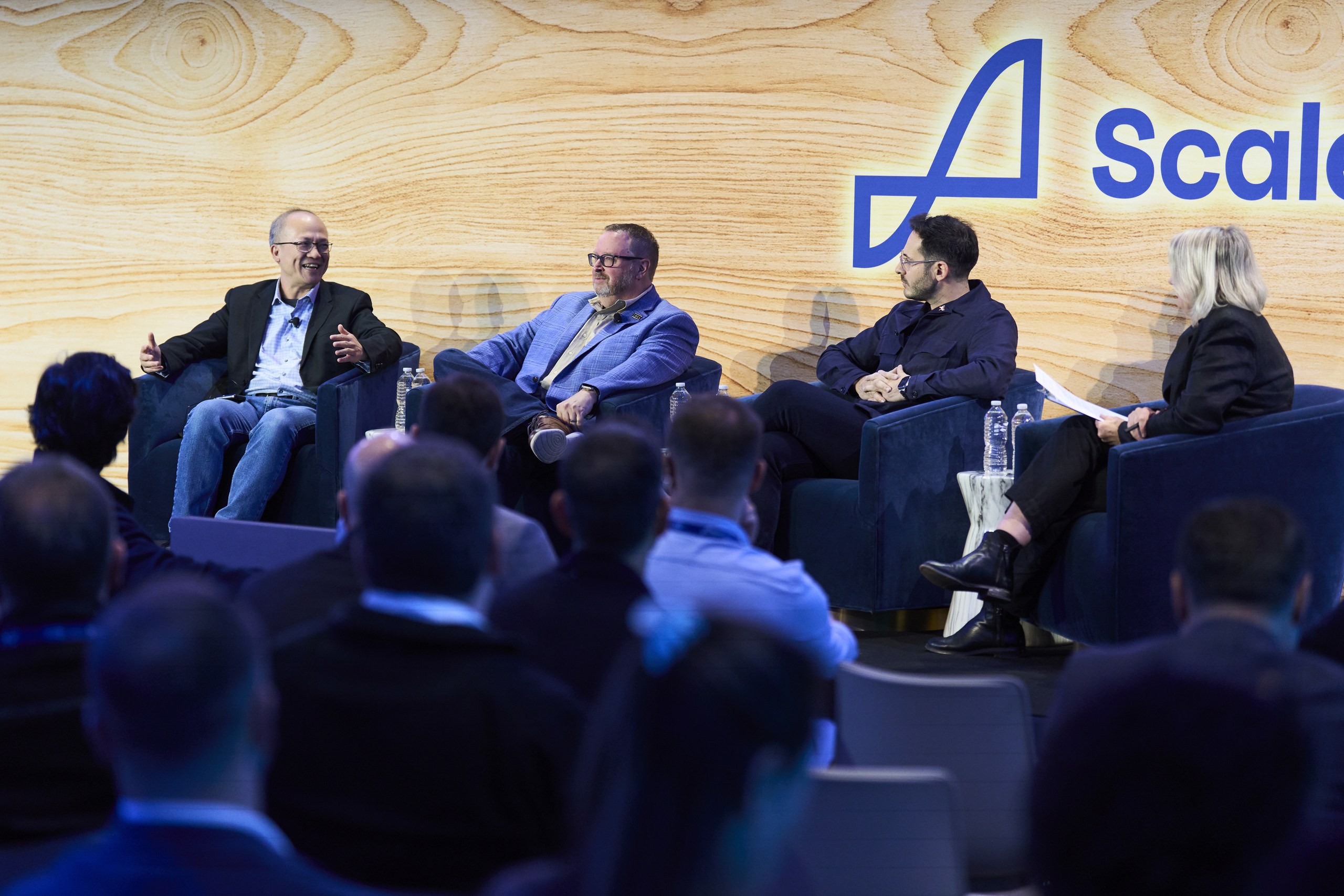
As AI becomes essential for innovation and competitiveness, executives face a key juncture: build AI solutions in-house, buy them from external vendors, or adopt a hybrid solution that combines the two approaches.
This session explored the strategic factors driving the “build versus buy” decision, including cost, speed to market, talent needs, and long-term scalability. With practical takeaways for both enterprise executives and AI builders, the discussion focused on aligning AI initiatives with business goals while considering hybrid approaches that balance customization and agility.
Key speakers
- Moderator: Gené Teare, Crunchbase Senior Data Editor
- Speaker: Chris Bennett, Dell CTO, Global AI and Data Solutions
- Speaker: Raphael Ouzan, A.Team Founder and CEO
- Speaker: Phil Mui, Salesforce SVP Engineering, Agentforce
Key takeaways
- AI innovation requires a nuanced balance between buying pre-built solutions and building customized capabilities.
- Salesforce recommends buying commoditized AI solutions, freeing internal resources for unique differentiation.
- Dell emphasizes scalable infrastructure and advocates bringing AI to data rather than data to AI, supporting diverse environments.
- A.Team highlights that true competitive differentiation often requires customized AI solutions developed in collaboration with external expertise, addressing specific organizational needs.
These insights came from our ScaleUp:AI event in November 2024, an industry-leading global conference that features topics across technologies and industries. Watch the full session below:
Where AI meets strategy
Teare set the stage by highlighting the pivotal moment businesses face in their AI journeys. Companies must decide whether to build custom AI solutions, buy pre-built tools, or integrate a combination of both. This decision is especially nuanced because AI capabilities directly impact competitive differentiation, operational efficiency, and long-term innovation.
“Why build something that can be bought?”
Mui shared insights into how Salesforce positions itself in the AI era with its Agentforce initiative. Salesforce is transforming its traditional SaaS model into an AI-powered experience to redefine how users interact with enterprise applications. Mui emphasized Salesforce’s strategy of combining multiple language models to deliver highly accurate, referenceable, and secure AI interactions — particularly crucial in industries like healthcare, where accuracy isn’t just desired but essential.
Mui highlighted the power of AI in healthcare specifically, stating that doctors currently spend significant “pajama time” entering data after hours, and shared a compelling example of how Agentforce significantly reduces this burden, enabling doctors to focus more on patient care. As Mui explained, “Most doctors don’t go to medical school because they want to become a data entry person.”
Salesforce encourages organizations to prioritize buying AI solutions for commoditized, yet crucial, tasks. Mui clarified Salesforce’s stance clearly: “Why build something that can be bought?”
He further illustrated the challenge of building highly accurate systems, noting, “It is hard when you get above 80% accuracy level to get beyond that.” This approach allows companies to reserve internal resources for developing unique features and differentiation points, driving strategic innovation where it matters most.
How to manufacture wisdom
Bennett presented Dell’s approach to simplifying AI infrastructure through the Dell AI Factory with Nvidia: scalable AI infrastructure from individual laptops to large-scale data centers. This infrastructure-as-a-service approach enables organizations of all sizes to deploy powerful AI capabilities tailored to their specific data environments, whether on-premises, in the cloud, or at the edge.
Bennett challenged the notion of the “cloud” as merely a location, advocating instead that businesses consider the “cloud” as a consumption model. His vision is clear: “Bring AI to your data,” emphasizing cost-effectiveness, operational efficiency, and strategic alignment with data location and management needs. He also noted that AI provides the unique opportunity to “manufacture wisdom,” leveraging data and knowledge to drive insightful decision-making.
“The last mile”
Ouzan offered a perspective on the importance of customized solutions. He highlighted the importance of what he calls “the last mile” — the critical, tailored product development that sets organizations apart from their competitors.
Ouzan explained the incremental nature of off-the-shelf AI tools and emphasized that true differentiation “comes from custom-built solutions.” He detailed the typical journey of AI adoption, noting that companies initially experience excitement, followed by the realization that generic tools provide only incremental improvement.
Ultimately, as Ouzan put it, “the improvement is only incremental” unless tailored solutions are developed to leverage deep domain expertise and innovative product thinking.
The balance of build and buy
The panelists seemed to agree: The future of AI innovation is neither purely built nor bought; it’s hybrid. Organizations will increasingly adopt a “build-plus-buy” strategy, investing heavily in customizable platforms while simultaneously integrating specialized, pre-built AI components to accelerate deployment, reduce time to market, and maximize return on investment.
Bennett succinctly captured this sentiment by affirming, “I am on the yes,” advocating for strategic flexibility that combines both approaches.
Strategic flexibility remains essential in a rapidly evolving AI ecosystem. Companies that blend custom development and strategic procurement of AI solutions will be uniquely positioned to lead in their markets.
*Note: Insight has invested in A.Team.




